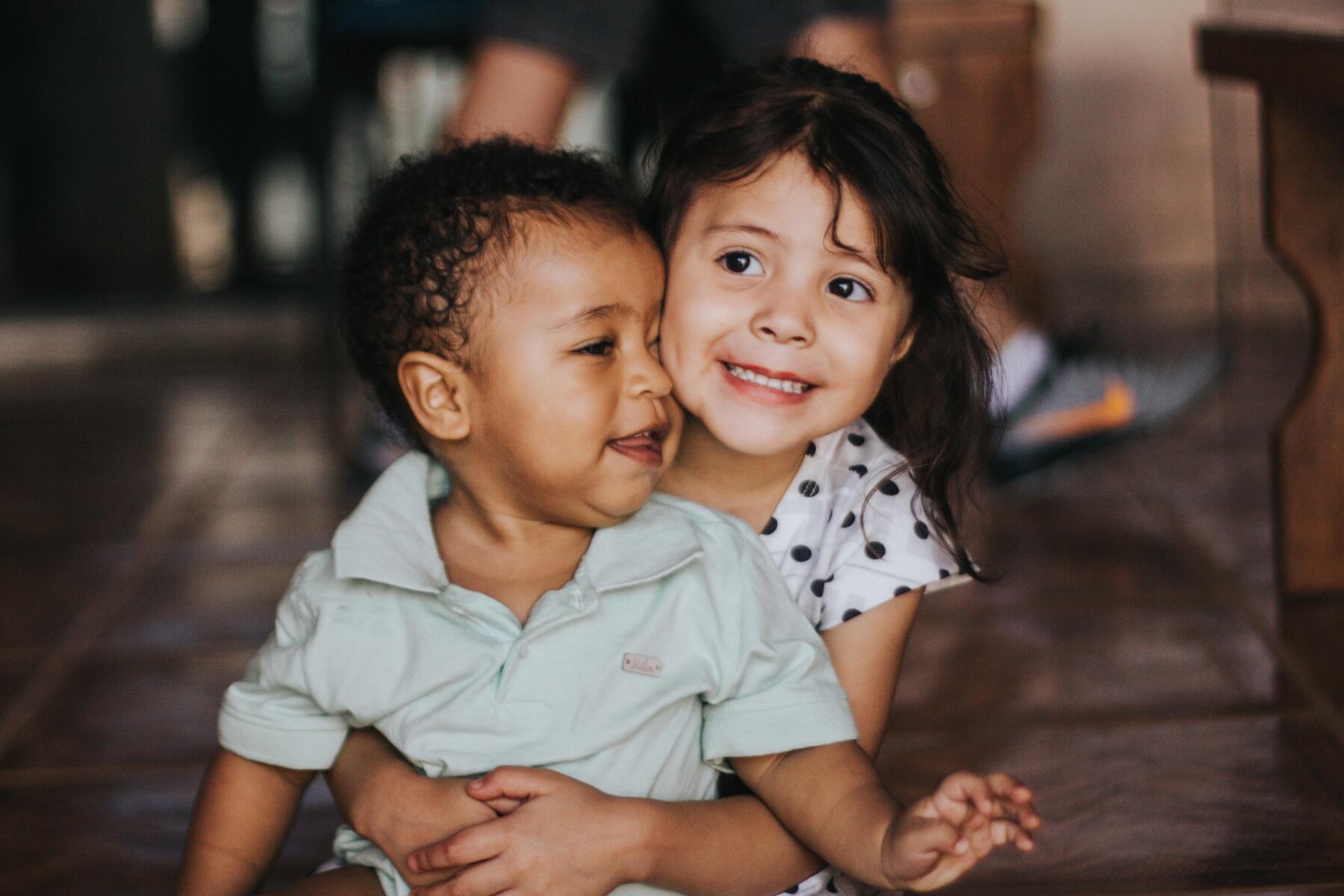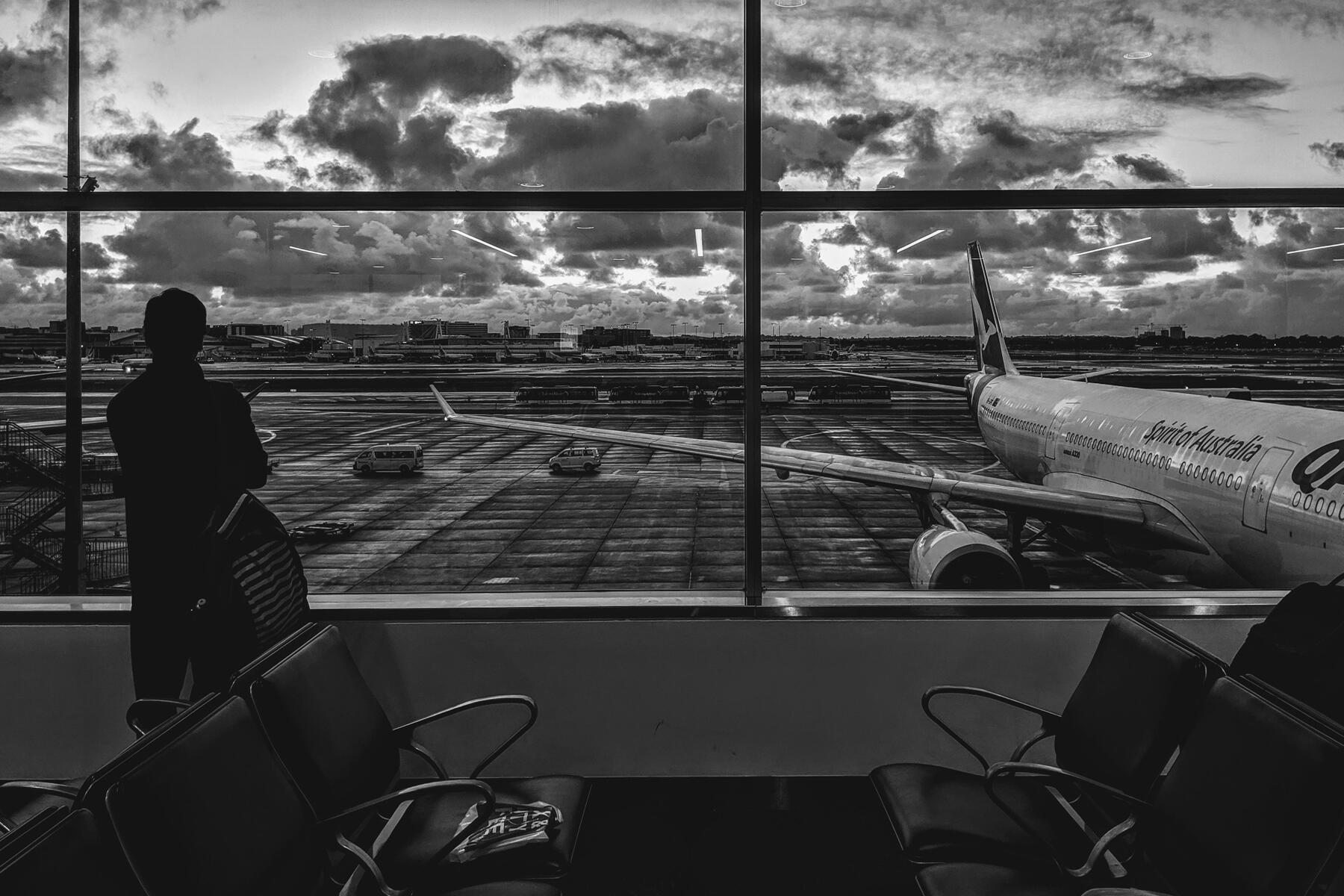Family law was already stressful; then COVID-19 changed everything.
COVID-19 has irrefutably altered the world and disbanded the idea of “normal.” In a future as unpredictable as the virus is volatile, families around the United States are grappling with the legal uncertainty of family law during a global pandemic.
Child custody and international parental child abduction (IPCA) are already complex legal issues, but COVID-19 travel bans and safety concerns raise even more problems.
“I’ve never lived through something like this,” says Laura Dale, a Houston-based family attorney certified by the Texas Board of Legal Specialization. Dale, the founder of a family law firm Laura Dale & Associates, is quick to recognize the unique obstacles legal professionals and families face.
“It has created quite a problem for practitioners like me, who are having to advise people how to deal with a situation that is novel,” she remarks.
INSIDER TIPIf you’re a parent unsure of how to handle your joint custody agreement during COVID-19, attorney Laura Dale recommends following the guidelines set out by your state. Depending on your state’s handling of the coronavirus, making amendments to your child custody agreements could put you in contempt of court.
COVID-19 Fears Spark Child Detainment
While each state is responsible for its own handling of court orders during the coronavirus, Texas’ diverse population puts the state in a notable position. The Migration Policy Institute reported that Houston was home to the fifth-largest immigrant population in the country in 2013.
In Texas, court orders are operating as usual in a situation that’s far from it.
“The Texas Supreme Court has come out and said, possession and access orders need to be respected” as they were written pre-COVID-19, according to Dale. She stresses how situations should be looked at case-by-case as the Texas Supreme Court doubles down on a “one-size-fits-all” model.
Recommended Fodor’s Video
“We have had a lot of attempts to retain children in countries in violation of the Hague Convention on the basis that a parent felt that there was a COVID threat,” explains Dale.
The Hague Convention on the Civil Aspects of International Child Abduction is an international treaty established in 1980 to create a process to return children who have been removed from or retained outside of their country of habitual residence. Dale, who works predominantly on child abduction cases, deals with both incoming and outgoing cases in the United States.
Child custody and international parental child abduction (IPCA) are already complex legal issues, but COVID-19 travel bans and safety concerns raise even more problems.
Imagine two parents living in different countries. If the child visits one parent in France for part of the year and that parent doesn’t feel safe sending the child back to their habitual residence in the United States, that could be considered wrongful retention and a violation of their agreed visitation order.
“The refusal to return children because of COVID-related issues has been a big issue, whether it’s a violation of a state order or violation of the Hague [Convention]. People are afraid to put their children on a plane,” explains Dale.
Quarantine mandates have complicated this issue even more, as parents navigate how to honor 14-day quarantines when crossing state lines.
Dale recently had an enforcement case where one parent lived in New York at a time when the state was enforcing a strict 14-day quarantine. It poses an issue for parents as they decide if they must return the child to the state and quarantine together or simply ignore the rule.
“It can be particularly problematic, for example, when the parent who lives in New York has underlying health issues and can’t be exposed to COVID without having a severe health risk,” Dale says, who has seen entire families fall ill from COVID-19 in similar situations.
In another case, a Houston-based parent requested that their child be returned 14 days early to comply with quarantine while the other parent had taken the child on a trip outside the country. Given the newness of COVID-19, quarantines aren’t exactly planned for or written into custody agreements; the traveling parent was not held in contempt of the court order.
“Our clients are coming to us for advice about what to do in these situations, and there’s not a clear answer other than [saying that] I understand it’s really scary,” she says.
International Child Abduction in Times of COVID-19
One of the more familiar forms of child abduction is when a parent takes the child to another country without the other parent’s consent. Dale’s seen a few recent cases of families driving from Texas across the Mexico border, but the occurrence has become less frequent during COVID-19.
“The U.S. Supreme Court has held that child abduction is one of the most severe forms of child abuse,” explains Dale. “The reason that it is child abuse and why it can be such a harmful development is because unexpectedly, a child’s entire world has changed. The child is being taken to a new place—a new jurisdiction—and is immediately cut off from every environment that that child knew,” she says.
A Houston case made headlines in 2018 when a couple was arrested in Miami after helping their daughter abduct her son from Texas to Brazil. Prosecutors alleged that Marcelle Guimaraes took her son to Brazil under the false claim of attending a family wedding and never returned to the U.S. with the child, reported AP News.
The Supreme Court also heard a Hague Convention case earlier this year when Michelle Monasky, an American living with her husband in Italy, left with her three-month daughter after alleging he was abusive. The court ruled 9-0 in favor of the father in Monasky v. Taglieri on the basis that Italy was the country of shared parental intent.

While the late Justice Ruth Bader Ginsburg wrote the opinion, she also stated that domestic violence situations pose an “intractable” problem within the Hague Convention, but noted there are provisions to refrain from sending a child home if there is evidence of a grave threat.
“Child abduction is usually not the appropriate way to handle a dispute between parents, even when it’s family violence,” says Dale. She explains family courts exist in most countries, and routes can be taken through civil and criminal courts to address these issues without abduction.
“What it does is place the child in the middle of a horrible situation between the parents, and there’s going to be radical change for the child,” she explains.
Deciding Parental Custody From a Distance
For parents battling for custody in the United States, COVID-19 has only made matters more arduous.
Crystal, whose name we’ve altered for her request, is a divorced mother in South Carolina raising her six-year-old son. She’s found that sharing custody during coronavirus has taken a toll on her family’s well being. She was expecting her custody battle, which started in September of 2019, to come to a close by May—and then came COVID-19.
A guardian ad litem, a person appointed by the court to determine what’s in the best interest for a child, was assigned to Crystal’s case in March with the expectation that the investigation would take one to two months. They had their first meeting and “two days later the world shut down,” she says.
When a home visitation was finally cleared in late May, the landscape had changed. She wore gloves and a mask, carried Lysol wipes, and couldn’t make physical contact with Crystal’s son.
Guardian ad litems are used to being on a child’s level, but social distancing can create a notable barrier. “My son’s a talker; he’s a toucher; he’s six years old,” she says, “He wants to be like, ‘hold my hand, let’s see this,’ which I feel is normal.”
The situation turned into something that was “very different” for her son from their first encounter.
“Instead of doing multiple home visits and the full investigation where you’re talking to teachers, you’re going to interview people who have been in his life, and potentially talking to neighbors, they’re not doing any of that,” she says, “It’s a phone call, as opposed to paying attention to body language.”
The tense year-long battle left Crystal feeling that the system serves those “who can fight better on paper, which is unfortunate.”
Learning to Communicate During a Pandemic
Matters also become even more perplexing when dealing with health between parents. To Dale, communication is necessary when parents are sharing custody, especially when a parent is living with a high-risk family member.
“More information is better than less information. No information to me oftentimes is just almost criminal in nature, if you know you’re exposing somebody, or you’re returning a child home that’s sick and you’re not saying a word,” she says.

Michael, whose name we’ve changed at his request, is a Florida father of two who had just finished a family court case before COVID-19 hit. His ex-partner is pregnant, making her high-risk, and she felt uncomfortable committing to their new joint parenting schedules.
He considered returning to court, but having just gone through the difficult process, he didn’t want to go through it again. After two months of not seeing his children, the parents came to a mutual agreement.
“Even though I did feel she was withholding them from me, I also felt that it was probably best for them to stay with her during that time just because she was really in quarantine, having food delivered, and really not going anywhere,” says Michael, who was still making trips for essentials like groceries.
The two parents now have a stronger relationship, but COVID-19 only complicated an already challenging time.
“Covid-19 has been painful for us in many different ways, but as long as we adjust and focus on the big picture—for me that is the boys’ health and spending family time together—everything will be okay,” he says.
Navigating Family Law After COVID-19
As families adjust to handling deeply personal legal matters from behind a screen, Dale predicts virtual hearings are here to stay well after a vaccine. “There’s been too much time and energy invested in appearing virtually [to be abandoned entirely],” she says.
“Child abduction is usually not the appropriate way to handle a dispute between parents, even when it’s family violence.”
New technology also means new legal considerations. Similar to the profusion of social media platforms over the last 20 years, Zoom has the power to shift how law is practiced. The acceleration of the social network resulted in more platforms for lawyers to review for clients, which Dale says can make cases more difficult at times.
“I’m somewhat concerned that what’s just happened is going to lead to a similar situation where, all of a sudden, there’s going to be a huge demand on the practitioners and the court to do more, have more access, [and] do it faster,” says Dale, who says “the jury is still out” for her on the future of Zoom.
“I don’t even ask myself [what returning to normal will look like], because I think normal is gone,” says Dale. “The world has changed—it changed overnight, and I don’t think it’s going to change back.”



